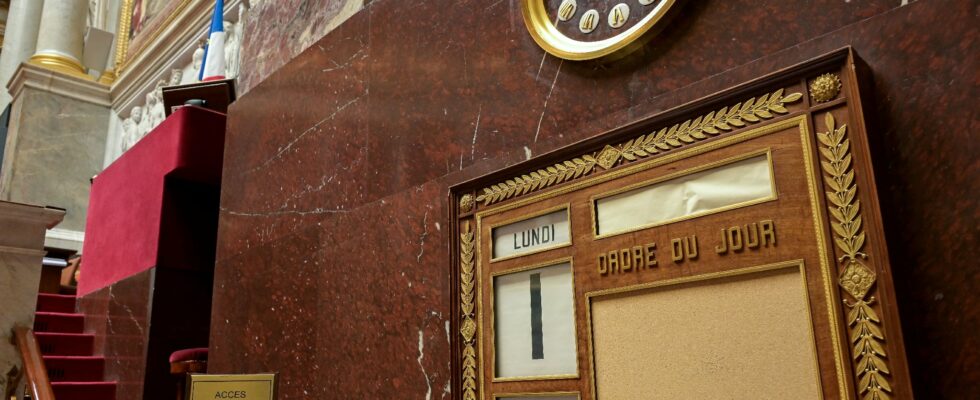A fallacy among employers’ representatives is to repeat that the economy does not like uncertainty. This is a shame, because uncertainties are multiplying. There is one, already fundamental, that which geopolitics imposes on liberal economies. Indeed, since 2022, the year of Russia’s invasion of Ukraine, the 20th Congress of the Chinese Communist Party and the limitation of American semiconductor exports to the Middle Kingdom by the Joe Biden administration, the global economy and some of its major aggregates – exports, industrial costs, interest rates, etc. – are directly linked to geopolitical upheavals. The economy before 2022 was unstable. The now geopoliticized economy is fundamentally unpredictable.
The other uncertainty obviously concerns French politics. And those who greeted the results of the second round of the legislative elections with a sigh of relief risk quickly becoming disillusioned. Certainly, the danger of the National Rally, its inept program and its incompetent leaders, has been temporarily averted. But at the cost of a scattered National Assembly with an indefinite lifespan.
Sense of duty
Because, finally, how can we bring together in the same majority the deputies of the presidential camp who have supported a supply-side policy for seven years – finally joined, we hope, by the LR – and the thurifers of the program of economic and social destruction of the New Popular Front, a project based on a tax heist of unprecedented brutality? Where will the economic policy of this headless chicken go? Ultimately, the only thing that is more or less certain is that the situation of our public finances requires a reduction in the deficit of around 20 billion euros per year for five consecutive budgetary years, which means that companies will no longer be able to call on public subsidies or new tax loopholes at the first sign of difficulty.
All this to say that leaders who believe that business life does not accommodate uncertainty should immediately join the calmer waters of the civil service. The others, those who have a sense of duty, must understand that the stability of our country now depends more on business than on politics.
Pole of stability
A few days ago I devoured the biography of Christophe-Philippe Oberkampf – the man who gave his name to the metro station in the 11th arrondissement of Paris – by his fourth great-grandson, Etienne Mallet (Oberkampf, Living to undertakeEditions Télémaque, 2015). An immigrant from Switzerland, Oberkampf set up his small workshop to manufacture toile de Jouy during the reign of Louis XV, benefiting from the liberal reforms carried out by the good minister Choiseul. At his death in 1815, the company, which had become a royal factory under Louis XVI, was the third largest in France.
Let’s talk about political instability: Oberkampf and his employees lived through the Ancien Régime, the Revolution, the Terror, the Directory, the Consulate, the First Empire and then the First Restoration and its bourgeois but precarious calm. Wars, forced mobilizations of workers and the periodic return of protectionism – notably the Napoleonic blockade of England – singularly complicated business life. But this industrialist, as a good Protestant, overcame all difficulties and never stopped developing his business, to the benefit of his colleagues and French influence.
This is what private sector leaders, both large groups and small businesses, must have in mind today. This is the speech that Medef and CPME should be giving. In the troubled times we are going through, businesses are the backbone of society, the pole of stability that will allow our country to remain prosperous. Whatever happens, employees must be able to work, factories must produce, and investment decisions must be made. The responsibility of businesses today extends far beyond the economy.
Nicolas Bouzou, economist and essayist, is director of the consulting firm Astères
.
